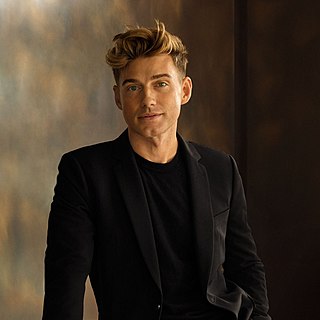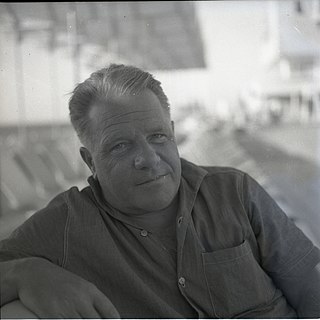A Quote by Susan Fiske
If you are doing a peer review of somebody's paper before publication, the editor would not allow you to speculate about the person's motives, about their place in the hierarchy. It's not scientifically relevant.
Related Quotes
I always thought the editor should cut the film and so I'll come in and look at the movie. Just because that's the only way I can really see the ideas of the editor, it's really working together. Yes it's a hierarchy, yes I'm the boss, but I like to see and to think about the idea, and it's about us asking, 'do we have to say that?' and, 'how do we make it there?' So it's advising the editor, it's very give and take, it's very free, but in the end, it's wonderful once you get through the first couple of cuts.
By this point, it was clear she wasn't interested in continuing the relationship. What publication on earth would continue a relationship with a writer who would refuse to discuss her work with her editors? What publication would continue to publish a writer who attacked it on TV? What publication would continue to publish a writer who lied about it - on TV and to a Washington Post reporter? ... It's true: Ann is fearless, in person and in her writing. But fearlessness isn't an excuse for crappy writing or crappier behavior.
Computing is not about computers any more. It is about living. Whatever big problem you can imagine, from world peace to the environment to hunger to poverty, the solution always includes education, ... We need to depend more on peer-to-peer and self-driven learning. The laptop is one important means of doing that.

































